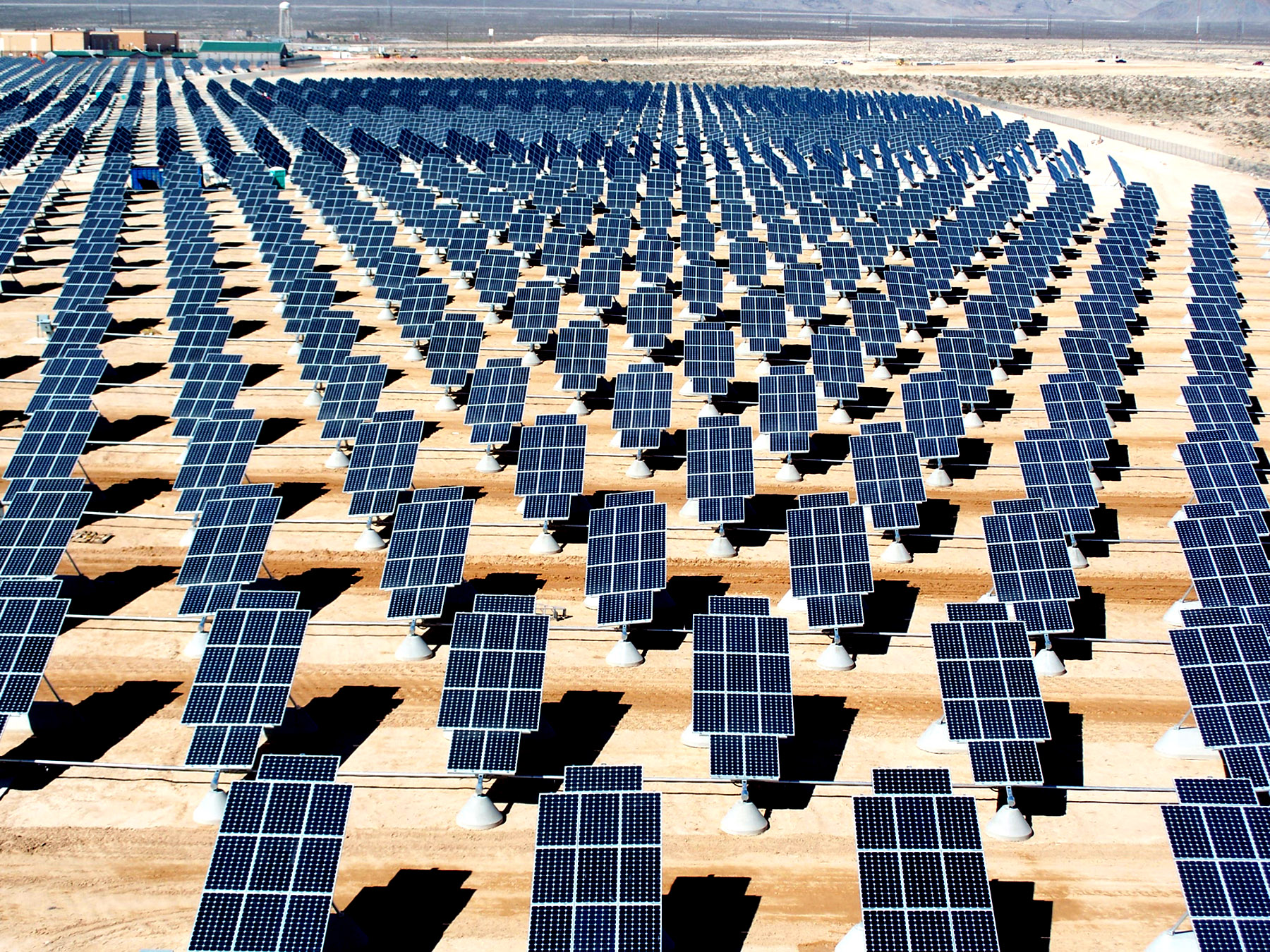
That the super material knows as Graphene neither allows gasses nor liquids to pass through it has been known for some time. But now researchers have discovered that protons can actually pass through the atom-thin ultra,-strong material.
This surprising discovery was made by a research group at the University of Manchester led by Andre Geim, who received the Nobel Prize in Physics in 2010 for his work on graphene.
The researchers were convinced that the material would block even protons from passing, but tested this notion anyway and then made the discovery. Protons slipped through surprisingly easy and even easier when the material was heated to higher temperatures or when the surface had been covered with catalytic nanoparticles.

What is this discovery good for you may ask, well, the discovery could revolutionize fuel cells according to the researchers. Since fuel cells need a barrier that is permeable to protons (hydrogen atoms without electrons) but simultaneously blocks the fuel, which is usually hydrogen.
There is a lot of fuel leaks in modern fuel cells. This impairs the efficiency and sustainability of the technology. Graphene could, therefore, prove useful in developing thinner and more efficient membranes for future fuel cells.
The findings have been published in Nature.
_______________
Bullet-proof armour and hydrogen sieve add to graphene’s promise
______________________________

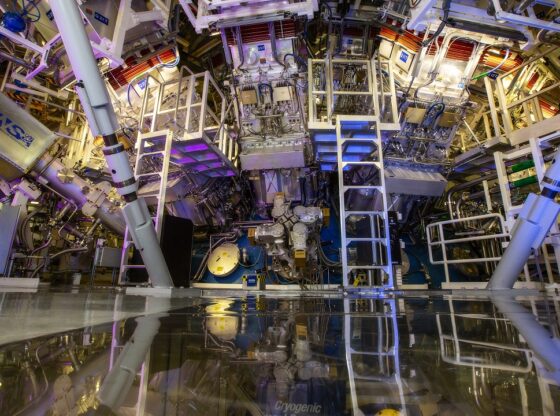
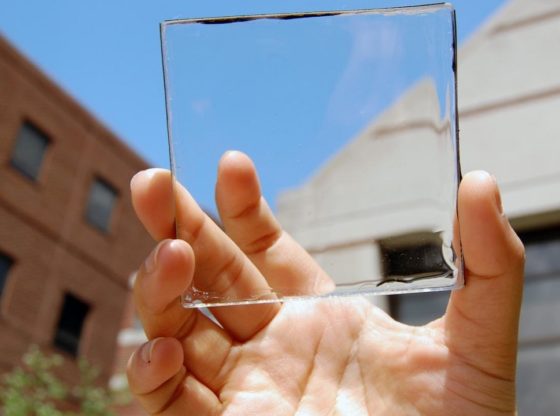

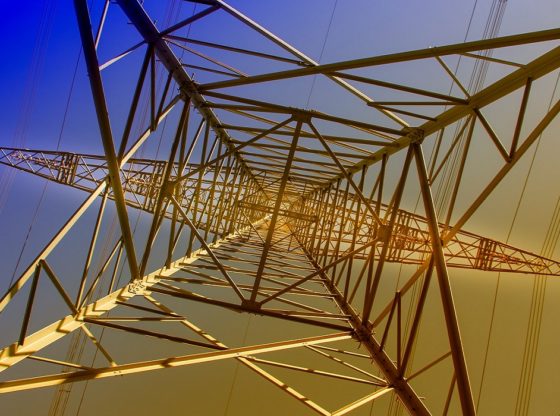
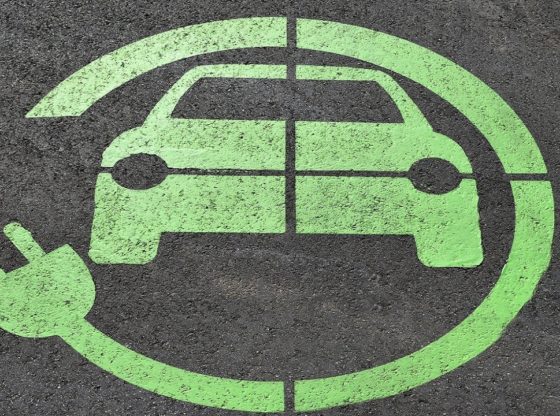




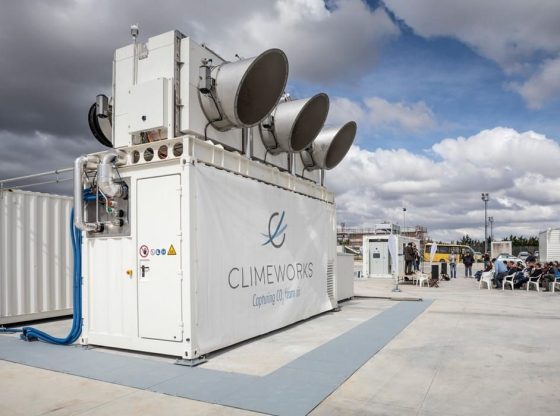
![OpenAI. (2025). ChatGPT [Large language model]. https://chatgpt.com](https://www.illustratedcuriosity.com/files/media/55136/b1b0b614-5b72-486c-901d-ff244549d67a-350x260.webp)
![OpenAI. (2025). ChatGPT [Large language model]. https://chatgpt.com](https://www.illustratedcuriosity.com/files/media/55124/79bc18fa-f616-4951-856f-cc724ad5d497-350x260.webp)
![OpenAI. (2025). ChatGPT [Large language model]. https://chatgpt.com](https://www.illustratedcuriosity.com/files/media/55099/2638a982-b4de-4913-8a1c-1479df352bf3-350x260.webp)








